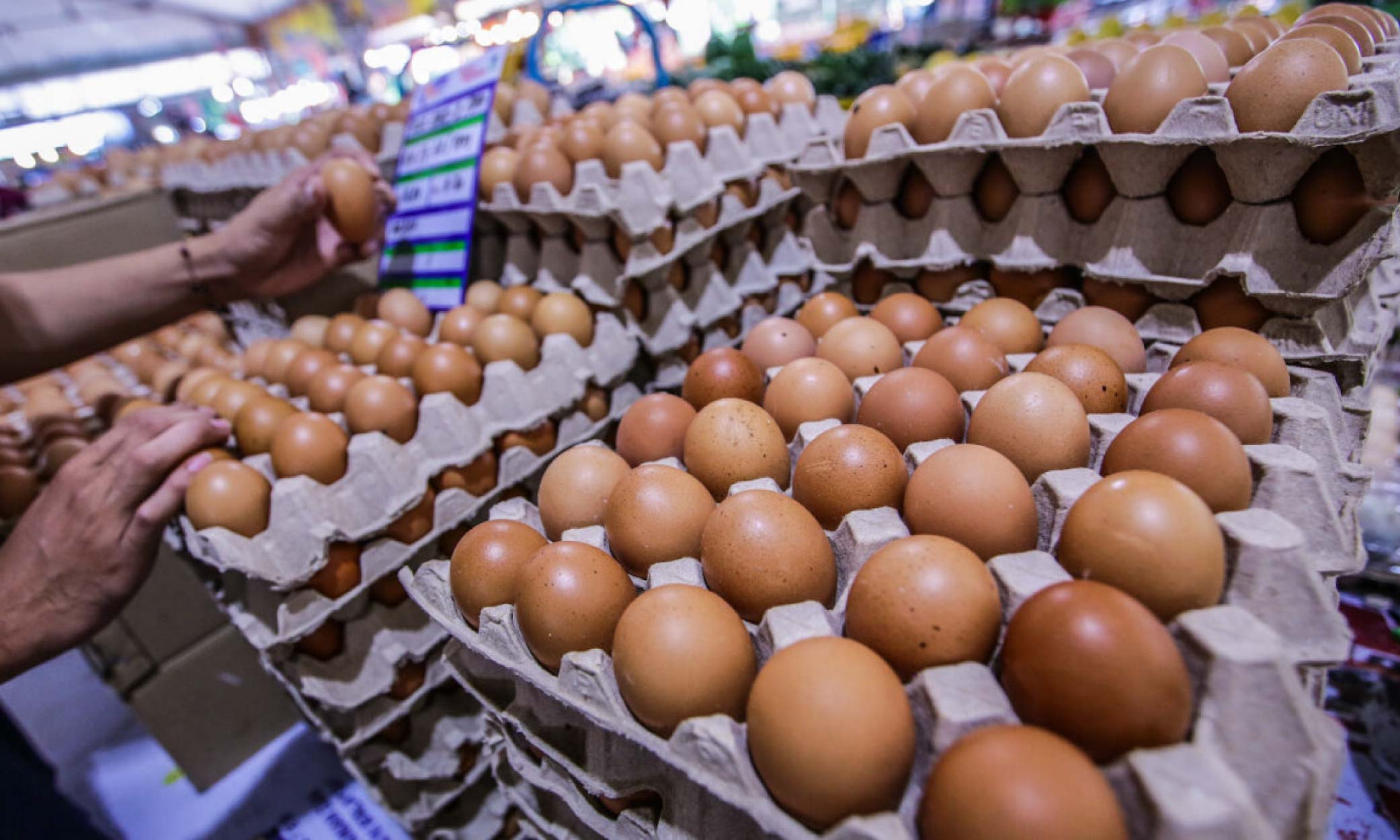 PETALING JAYA: It may take some time to see the impact from the government’s decision to float the prices of chicken and eggs, which is expected to be announced today, says an industry expert.
PETALING JAYA: It may take some time to see the impact from the government’s decision to float the prices of chicken and eggs, which is expected to be announced today, says an industry expert.
Federation of Livestock Farmers Associations of Malaysia deputy president Lee Yoon Yeau said any impact could only be seen after a period of time.
“This is because the products involve live animals that may be subjected to many issues such as diseases, weather, quality of feed and farm production,” he said in an interview yesterday.
He said while there had never been a shortage of eggs in Malaysia, the industry was “damaged” for the past three years due to the impact from Covid-19 pandemic.
“With the longest price control period in the history of Malaysia (more than 18 months), many farmers have to cut production due to cash flow issues.
“The egg industry needs a longer recovery period compared to chicken,” said Lee.
He was speaking ahead of Agriculture and Food Security Minister Datuk Seri Mohamad Sabu’s expected announcement on details of the floating prices for chicken and egg in the market, and abolition of the subsidy today.
When presenting Budget 2024 on Oct 13, Prime Minister Datuk Seri Anwar Ibrahim had said that the government was considering floating the price of chicken and eggs as the supply of both items was now stable.
The current ceiling retail price for standard chicken is at RM9.40 per kg while the retail ceiling price for Grade A eggs is 45sen per egg, Grade B 43sen and Grade C 41sen in Peninsular Malaysia.
Kuala Lumpur and Selangor Indian Chamber of Commerce and Industry president Nivas Ragavan said there were fears that unscrupulous middle men and distributors would exploit the situation and push prices higher, especially since Deepavali is around the corner.
“We are importing 65% of our food and agricultural products. In 2021, this amounted to some RM60bil and in 2022, it was RM70bil. We should try to produce more domestic products to cater to the people and contain the pricing.
“The ringgit has depreciated badly and, as such, imported inflation will drive the food and agricultural costs higher.
“Ideally, we should have prepared the rakyat to face the situation six months ago than be in a denial mode,” he said.
Nivas said the impact from the floating prices of chicken and eggs would directly hit most households and affect the purchasing power of the people.
“What happened to the targeted subsidy approach initiative to safeguard and protect the welfare and livelihood of the the rakyat?” he asked.
Consumers Association of Penang education officer NV Subbarow said ideally, the government should continue to control the prices of chicken and eggs since it was already controlling the prices of other commodities.
The government must monitor and take action on the prices, especially if any traders were seen to be profiteering, he added.
“Consumers are not happy to allow the prices to float as they fear some traders would take this opportunity to increase prices by saying chicken feed prices have gone up.
“I mean who will be monitoring them and taking action when traders are saying transport charges have gone up or workers are demanding more salary?” he asked.




